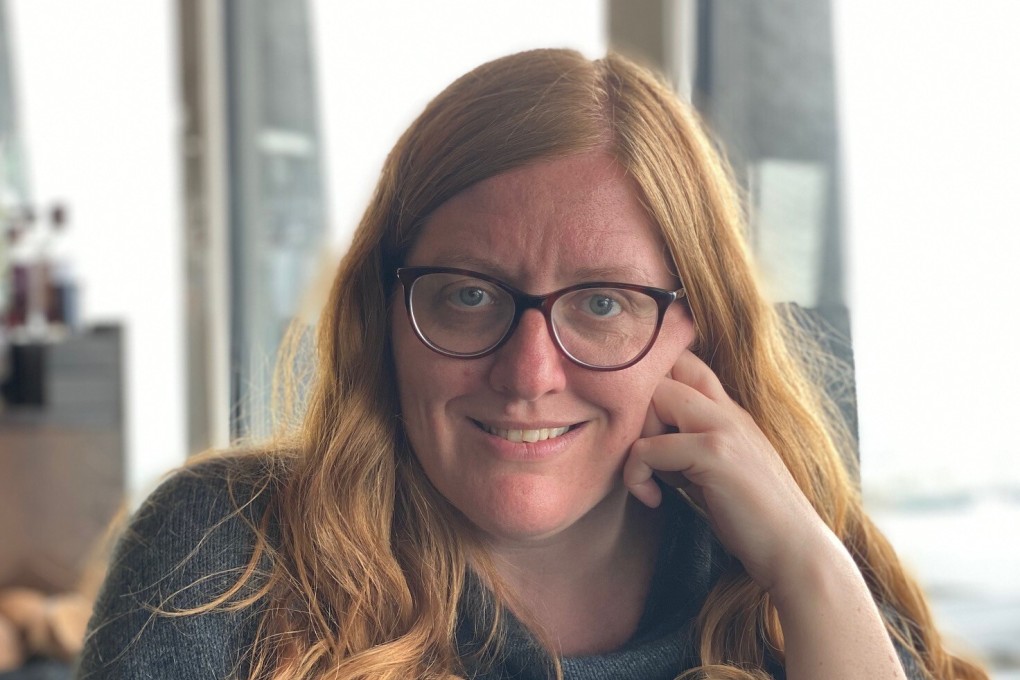What to do when the UN human rights office may have violated human rights?
- Revelation that names of activists were provided to China spurred a years-long legal fight which is not over yet
- Emma Reilly’s complaint to her employer is still not resolved after more than seven years

Emma Reilly says she is not particularly popular at the Office of the High Commissioner of Human Rights, the United Nations agency where she has worked since 2012.
Reilly’s complaint, which she says remains unresolved after years of dispute and litigation, is that the OHCHR has not properly investigated whether the practice of secretly providing names to China of individuals attending the sessions in Geneva could have exposed them to harassment and intimidation.
“All these ethics officers at the UN have looked at it and determined that … handing the names to China, and only China, and doing it secretly, that’s fine,” said Reilly, who was regional director of Search for Common Ground in North Africa during the Arab spring before joining the UN.
“All the ethics officers agreed at that time so therefore it’s unreasonable of me to continue to report it,” she said in an interview.
In an emailed response to the South China Morning Post on November 23, Human Rights Office spokesman Rupert Colville said the practice of revealing names of participants at its sessions to governments had ceased in 2015. The Human Rights Council is made up of 47 states, including China.
“Ms. Reilly’s allegations relate to a discontinued historical practice whereby the names of Human Rights Council participants were occasionally confirmed to states in limited circumstances, with care taken to ensure that no action taken by OHCHR would endanger human rights activists,” Colville said.
